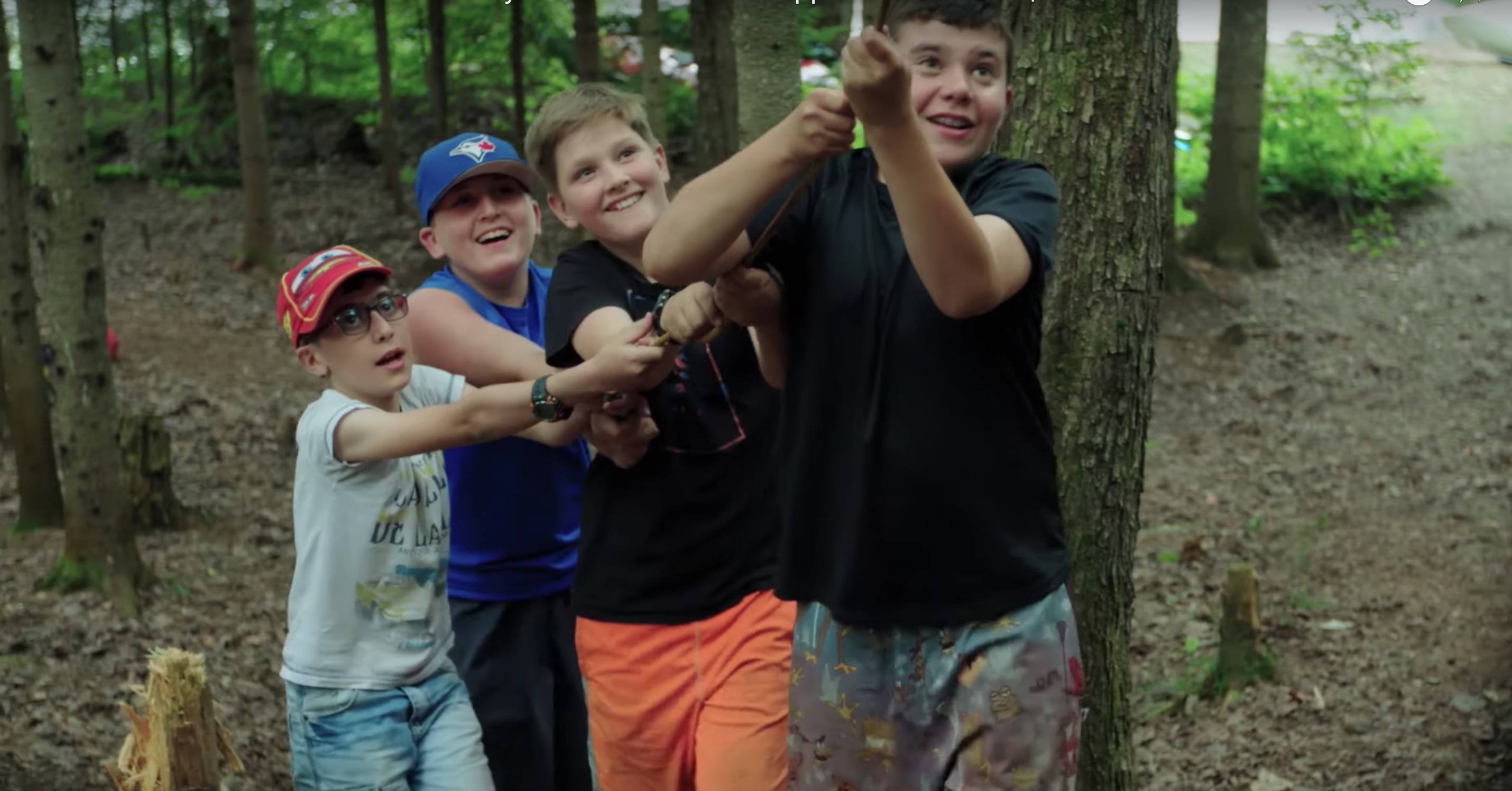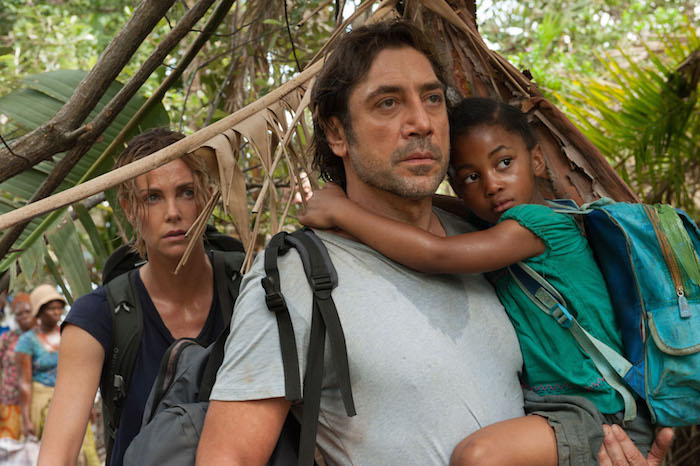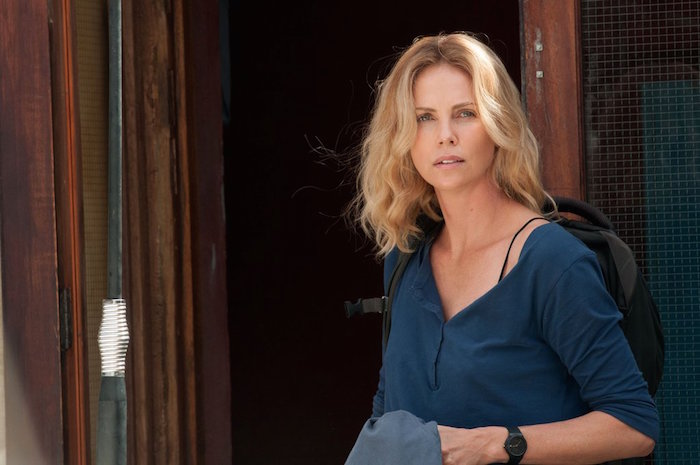NEW HOMELAND
 Tuesday, May 14, 2019 at 10:40AM
Tuesday, May 14, 2019 at 10:40AM Director: Barbara Kopple
Screening at the 2019 Melbourne Documentary Film Festival, July 19-29.
Rating: ★ ★ ★ ★ ½

Even-handedness, compassion and deep insight are the broad brushstroke qualities that festival audiences have come to expect from the films of Barbara Kopple. In a career spanning almost five decades, the two-time Oscar winner (Harlan County USA, 1976; American Dream, 1990) has proven to be arguably America’s finest factual filmmaking mind, with her camera confronting pressing socio-political boiling points with an empathetic, profoundly humanistic lens. New Homeland, her take on refugee assimilation set against the backdrop of a Canadian summer camp, is amongst the very best of her work; it is verite documentary making of the highest calibre.
The government from Canada has welcomed thousands of Iraqi and Syrian refugees into their large cities in the wake of the brutal wars in their native countries. After an opening salvo of news footage that puts in perspective the horrors they are fleeing, Kopple joins two families who have relocated to Toronto and been taken under the wing of private sponsorship groups. With these Canadian residents offering financial and social aid for the first twelve months in their new country, the families can begin building new lives and dealing with the emotional scars that warzone living has left.
The focus of the documentary becomes five boys in their early-teens and the newfound sense of self they experience when they live amongst the stunning Canadian wilderness at Camp Pathfinder, in the Algonquin Park forest. The boys - brothers Hameed and Omer Majeed from Baghdad, Iraq; brothers Mohammad and Kasem Zin from Amuda, Syria; and Mohammad Darewish from Aleppo, Syria – have led sheltered lives since coming to their new country, due largely to parents who are themselves suffering various forms of PTSD and cling to the family structure as a stabilizing influence.

Kopple and her bare bones crew go bush with the boys, as they integrate with Canadian and US teens attending the idyllic 104-year old lakeside, log cabin campsite. This ‘all-American’ rite-of-passage experience, overseen by director Mike Sladden (in his 34th summer attending Pathfinder), has adapted to act as a spiritual extension of the sponsorship program, not only welcoming in boys who have survived life in conflict zones but also respecting their religious and social traditions.
There are many stirring, uplifting moments as you’d expect from Kopple’s work; the Syrian boys emerge from themselves with strength and confidence, while Hameed learns to cope with life away from his family (and phone) with varying degrees of success. The realities are that not all children who have lived through the horror of war will be able to compartmentalize the experience and move on; Omer’s inability to socialize with the group and insistence on carrying knives and disobeying camp rules leads to some heartbreaking moments, which expose just how debilitating to a young man’s growth the grip of life in a war can truly be.
Barbara Kopple has captured pivotal moments in young lives with astonishing warmth and clarity, while slyly pointing a condemning finger at elements of Western society that seek to distance themselves from the refugee experience. New Homeland would not exist as a film in a world where compassion and acceptance were the norm, but that world seems further away than ever. One can envision Kopple’s film playing an understated but crucial role in the fight that people hoping to right social wrongs have undertaken.
 Melbourne,
Melbourne,  Melbourne Doc Fest,
Melbourne Doc Fest,  Refugees,
Refugees,  racism
racism 

